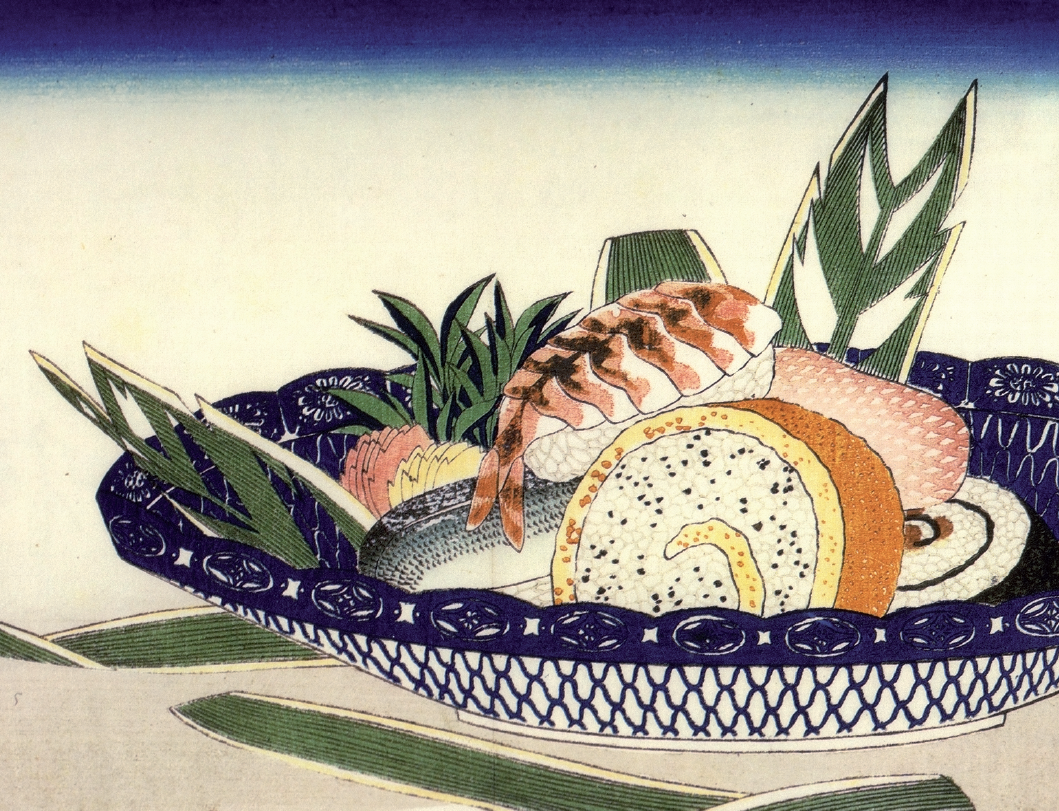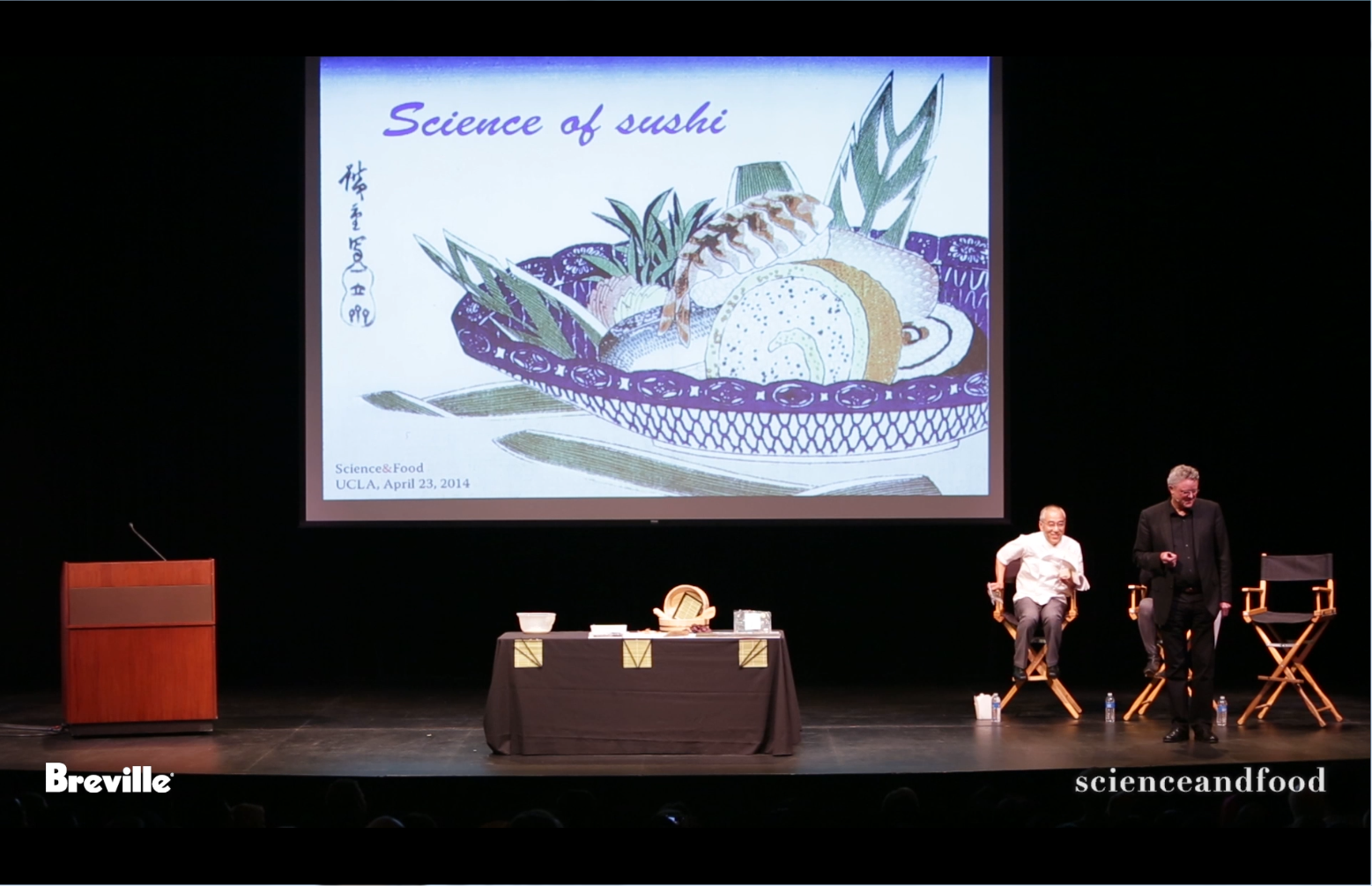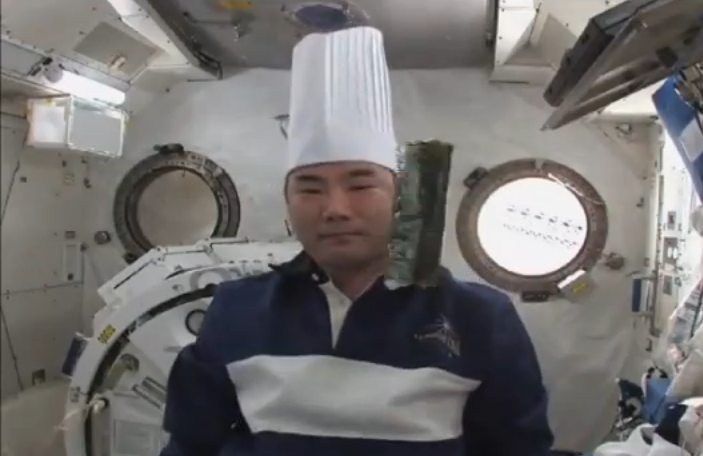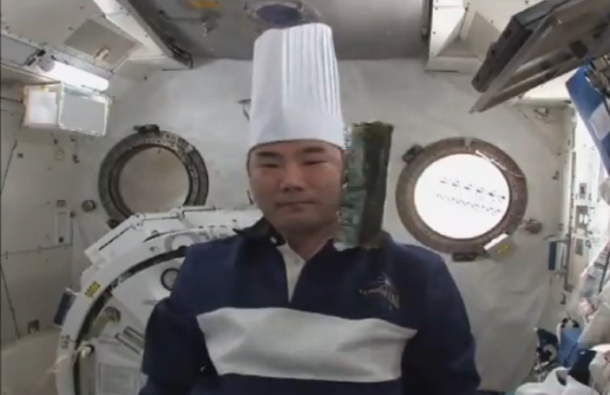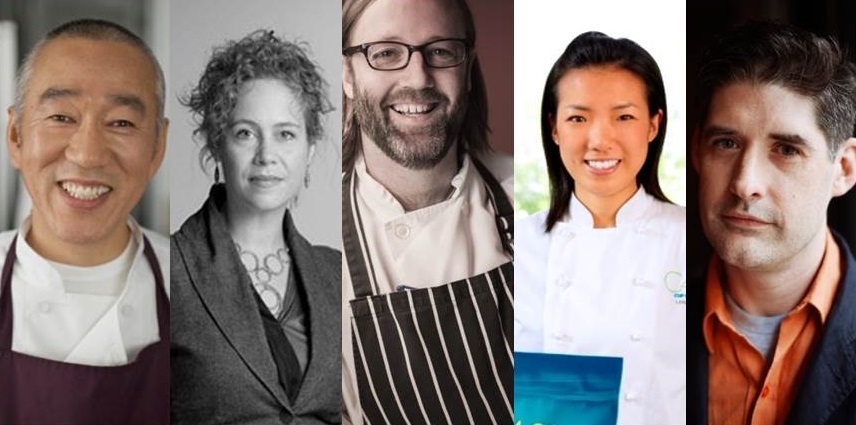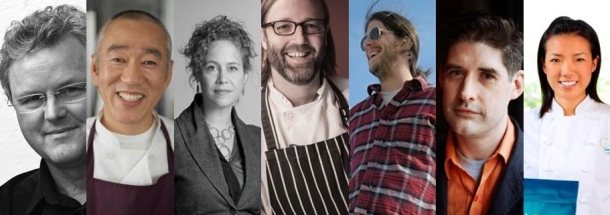
The 2014 UCLA Science & Food public lecture series is here!
General admission tickets are available for $25 from the UCLA Central Ticket Office (CTO) . Tickets can be purchased from the UCLA CTO over the phone or in person and will not include additional fees or surcharges. The UCLA CTO is located on-campus and is open Monday–Friday, 10am –4pm. A UCLA CTO representative can be reached during these hours at 310-825-2101. Tickets can also be purchased online from Ticketmaster for $25 plus additional fees. A limited number of $5 student tickets are available to current UCLA students. These must be purchased in person at the UCLA CTO with a valid Bruin Card.
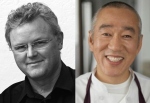
The Science of Sushi
Dr. Ole Mouritsen & Chef Morihiro Onodera
Wednesday April 23, 2014 at 7:00pm
Schoenberg Hall, UCLA
In this lecture, Dr. Ole Mouritsen will illuminate the science underlying sashimi, nori, sushi rice, umami, and more. He will be joined by Chef Morihiro Onodera who will share his approach to sushi as well as an inside look into his partnership with a rice farm in Uruguay.
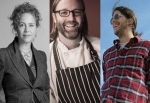
How We Taste
Dr. Dana Small, Chef Wylie Dufresne, & Peter Meehan
Wednesday May 14, 2014 at 7:00pm
Schoenberg Hall, UCLA
In this lecture, we will explore how we taste from the perspectives of a scientist, a chef, and a food writer. Dr. Dana Small will describe how our brains respond to flavors, and shed light on the link to obesity. She will be joined by Chef Wylie Dufresne who will present his creative approach to generating surprising food flavors and textures. Peter Meehan will share his experiences with food and taste and how they have shaped his writing, both as a cookbook author and former writer for The New York Times.
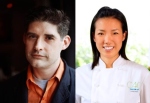
Harnessing Creativity (and the Science of Pie)
Dave Arnold & Chef Lena Kwak
Sunday June 1, 2014 at 2:30pm
Ackerman Grand Ballroom, UCLA
At this event, Dave Arnold will discuss his latest culinary innovations and the role of creativity in food. He will be joined by Chef Lena Kwak who will share her process of invention, research, and discovery in the kitchen. Also at this event, students of the Science & Food course will present the results of their apple pie projects, including their freshly baked pies in a large-scale pie tasting. The event will close with an Iron-Chef style discussion of the winning pies featuring the keynote speakers and renowned judges from the Los Angeles community.

